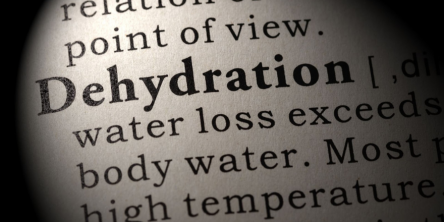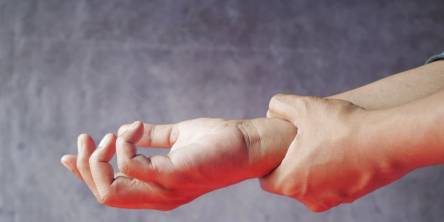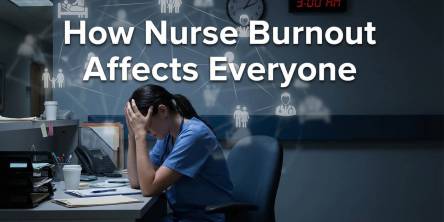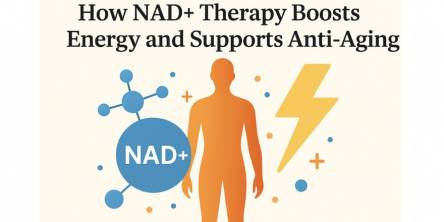Dealing with Aches and Pains as You Age

It’s no secret that ageing takes a toll on your bodies. Your bones and muscles aren’t as strong as they once were, your immune system gets weaker, and your eyesight and hearing often aren’t as sharp as they were in your younger days.
With that comes a lot of aches and pains, often seemingly out of nowhere. So, in this post, we’re going to give you a rundown of some of the most common aches and pains you might suffer as you age, what causes them and some common treatments.
The most common aches and pains
Before you can understand how to deal with your aches and pains, it’s important that you understand what’s causing them.
Arthritis
This is a musculoskeletal disease that causes joint pain, inflammation, and stiffness in the sufferer. While it’s not a condition exclusive to the elderly, it is more common in this group. The two most common types of arthritis are osteoarthritis rheumatoid arthritis. The main difference between these two is that where osteoarthritis is the progressive wear and tear of a joint’s cartilage, rheumatoid arthritis is an autoimmune disease where the body is attacking itself.
Degenerative disc disease
This pain is caused by the discs in the neck and lower back degenerating as you age. The soft tissue inside these cells can rupture or bulge out, which puts pressure on the nerves or your spinal cord. Depending on which discs are affected by this disease, you might be experiencing neck pain, pain in the lower back or sharp, shooting pains in your buttocks and down your legs. Typically, this disease affects those aged 40+ and tends to worsen in their 60s.
Bone spurs
This problem occurs when calcified growths appear on your spine, neck, shoulders, hips, knees or feet. These growths tend to press on the nerves, ligaments and tendons, causing compression that results in aches and pains as well as tingling and numbness. and cause pain
What causes these problems?
There is a number of things that can cause aches and pains as your age, not all of which are medical or even health-related.
Stress on the joints
Stress on your bones and joints can, at any age can have a huge impact on your overall bone health throughout your life. If you’re someone who constantly engages in physical activity, such as a hands-on trade or athletic lifestyle, make sure you are taking extra precautions to look after your bones. You may end up suffering, pains, and problems with your mobility and bones as you age if you don’t.
Injury
Suffering an injury is another reason many people end up with aches and pains, both in their young and early lives. The elderly, however, are much more prone to accidents and this, coupled with weakened bones due to age, is a recipe for disaster. So, take care to prevent falls where possible.
Simply ageing
Unfortunately, in some cases, aches and pains are a natural part of ageing and have no real cause other than your body getting older. As we age, our bones, as well as things like our muscles and immune system, start to weaken> But, there are things we can do to treat these aches and pains, nonetheless.
Treating and managing aches and pains
The type of treatment you’ll get depends on the issue that’s causing your aches and pains. For example, there is currently no cure for arthritis, but there are many effective treatments that will help slow down its progress.
Osteoarthritis can be treated with changes to your current lifestyle, medication, and possibly surgery. Treatments for rheumatoid arthritis are much the same. However, you may also be offered physiotherapy alongside medication and/or surgery to help minimise inflammation and retain movements.
Surgery is often using to treat several types of joint pain. Typically, the most common surgery you will be recommended is hip replacement or knee replacement surgery. You may also be recommended surgery for your feet, ankle, hand, wrist, shoulder, or elbow.
If your pain is caused by weakened bones, then there are steps you can take to tackle this. For example, there are elements you can add to your diet to help build healthy bones, exercises that you can do to help build bone strength and even calcium and vitamin supplements that you can take to help encourage strong and healthy bones.
Similar Articles
Explore the biggest health trends that shaped 2025, from personalized nutrition to matcha and recovery—plus what wellness trends are coming in 2026.
Winter is a season when the body needs extra nourishment, warmth, and immunity support. According to Ayurveda and modern nutrition science, dry fruits play a vital role in maintaining health during cold weather.
Most people think health problems start suddenly. One day you feel fine, the next day something is wrong. In reality, most health issues develop slowly .They grow quietly in the background while life keeps moving.
The start of a new year is a natural time to pause, reflect, and think about how you want to feel in the months ahead. For those over 60, a fresh start does not mean setting unrealistic resolutions or making drastic changes.
Picture this: You're parked at your workspace, battling to focus on what should be a straightforward five-minute task. That afternoon slump? It's demolishing you today.
Joint pain and arthritis are common health issues that tend to become more intense during the winter season
Discover the benefits, challenges, and future of locum medical jobs. Learn how locum recruitment agencies support flexible, diverse career opportunities for healthcare professionals seeking dynamic work environments.
Burnout in the healthcare environment is a significant and growing crisis.
NAD+ therapy restores cellular energy, enhances metabolism, and promotes anti-aging by supporting DNA repair and improved overall vitality.









